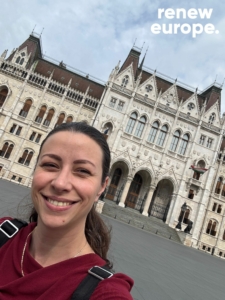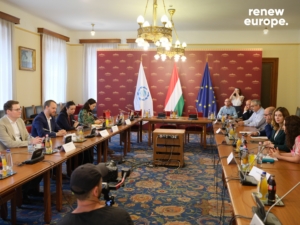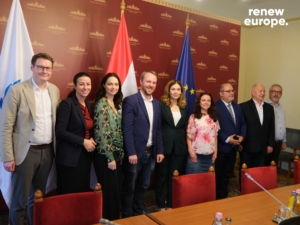“Can a person get used to war? Of course, they can. I got used to it. I don’t like it, but I did. I live according to the existing conditions, I work, think, eat… But – can a person get used to it and remain normal? That’s a more difficult question. A kind of Friday decided about Irma. I had long forgotten that there is such a thing as Friday, then the weekend, then holidays and similar things, and the month of August is ideal for sunbathing, swimming and similar joys of carefree people. For us, this does not exist. They assigned us another kind of sport. A game with death. Yours or someone else’s, but in the game there is always only one thing – to exist or not to exist. As if that is something. What is important? To survive at all costs? That is not important either. It is important to live as a human being, but if it doesn’t work, then nothing else matters. Not even to live. So go and do what you can to remain human. Otherwise, nothing will matter.”
You have read a passage from a book that I have been reading for months. Not because I could not spare those few minutes before going to bed, but because the personal story of the author of The Sarajevo Princess, doctor Edo Jaganjac, is so deeply moving that …
… it is difficult to comprehend. Is it really so difficult to be human in inhuman conditions? How is it possible that nothing is sacred, not even the lives of children and young people?
And today, when many – especially young people – are courageously standing up against autocracy, against the falsification of history and against dehumanization, it is crucial to understand that the crime in Srebrenica has a name. Genocide. This is not an opinion, but a fact confirmed in the courts.
With the responsibility of individuals – not of a nation.
This is a demand for responsibility – not collective guilt.
This is respect for the victims – and for all those who, within Serbia or anywhere else in this world, want a society without denial, without manipulation and without glorification of criminals.
This is a demand that heads not be turned when international humanitarian law is only valid on paper.
When even hunger is a deadly weapon.
When a child in Gaza, seeking only a sip of water, does not know if he will survive.
When a hospital or a refugee camp is no longer a protection or a refuge, but a potential trap.
When the international community is too late to prevent these atrocities. As it has been so many times before. As it was 30 years ago. Again.
The international legal order is collapsing not only under the weight of bombs, but also under the weight of indifference. Dehumanization. And with looking away.
“So go and do what you can to remain human. Otherwise, nothing will matter.”



